West Virginia is among twenty-two states that have no legislation that establishes optician training, certification, and licensing requirements. Unregulated states typically allow optical employers to set their own standards for what they expect from opticians. The variety of employers across the country has led to a wide range of knowledge and skill sets among opticians. Some large employers prefer to have opticians focus on retail sales while smaller businesses tend to require their opticians to perform a broader set of tasks.
The differences between large businesses and small businesses usually stem from a divergence in business models. Large optical employers tend to emphasize efficiency because they are primarily interested in retail sales; whereas, small optical employers may incorporate more medical eye care and may be less dependent on retail sales and operational efficiency. Opticians who work for large companies may find that their training is not comprehensive and that they may need additional training if they wish to work in a smaller office. Some optical employers actively encourage their opticians to voluntarily become certified by the American Board of Opticianry (ABO) and the National Contact Lens Examiners (NCLE). These organizations are nationally recognized as the standard for optician competence assessment and they offer some benefits that all opticians should consider regardless of where they work.
First, credentialed opticians can generally expect to receive a higher salary. Employers understand that certified opticians are an asset to their business. Certification shows that an optician has a comprehensive understanding of the industry and will likely not require as much training or support from other employees. In addition, many customers prefer to receive assistance from opticians who can demonstrate that they have met national standards for competence. Employers also recognize that not all of their competition employs certified opticians and credentials can be used as a marketing advantage to attract and retain new and existing customers.
 Another benefit associated with optician certification is the ability to transfer credentials between regulated and unregulated states. This is especially important for opticians who think they may decide to move at some point in their career. Certified opticians can often be licensed in regulated states through reciprocity. Opticians who have not been certified may find that regulated states may require them to complete a degree, an apprenticeship, or the ABO and NCLE exams before they can be licensed.
Another benefit associated with optician certification is the ability to transfer credentials between regulated and unregulated states. This is especially important for opticians who think they may decide to move at some point in their career. Certified opticians can often be licensed in regulated states through reciprocity. Opticians who have not been certified may find that regulated states may require them to complete a degree, an apprenticeship, or the ABO and NCLE exams before they can be licensed.




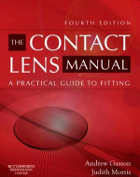
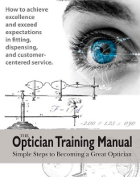


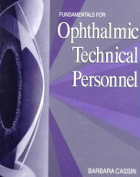
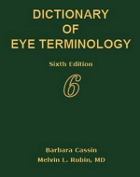
Please Leave Your Comment Below.